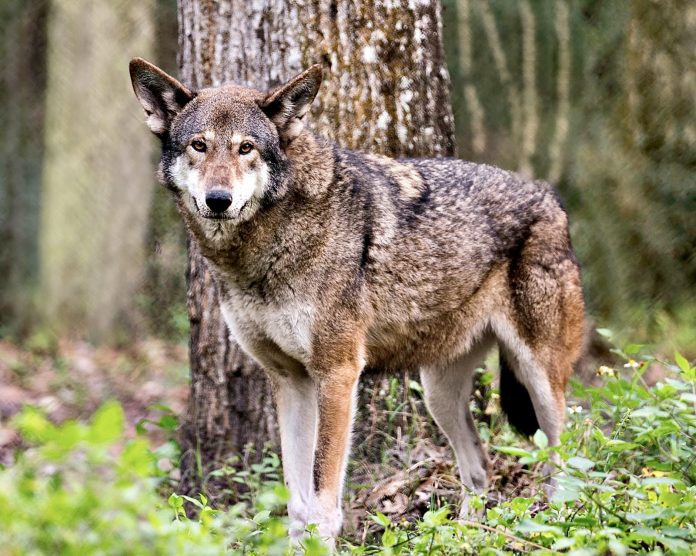
Breaking! North Carolina Court Rules For The Release Of Captive Red Wolves To Save The Last Seven Remaining In The Wild From Extinction
By Lauren Lewis
You can help all animals and our planet by choosing compassion on your plate and in your glass. #GoVeg
RELATED ARTICLES
Taco Bell Goes ‘Beyond’ In New Partnership With Beyond Meat Bringing Plant-Based Options To The Fast-Food Chain In The U.S.
Taco Bell‘s CEO Mark King recently shared some delicious news for the new year in a video featuring King's voice as a talking potato,...
Breaking! WAN Talks With Endangered Habitats League After Judge Blocks L.A. Development That Would Have Threatened Imperiled Mountain Lions
In a victory against a destructive project threatening local mountain lions in northern Los Angeles County, a judge issued a ruling Monday blocking a...
Breaking! Help ‘Free From Harm’ Stop The Cruel Treatment Of 6-Week-Old Chicks At Aden Poultry Slaughterhouse In Chicago
Photos from Free from Harm's undercover investigation
Last week, Free from Harm documented the misery and neglect of six-week-old chicks at Aden Poultry Slaughterhouse located...
Popular stories
News
WAN Exclusive On No Dogs Left Behind’s Rescue Of 28 Dogs From The Dog Meat Trade In East Asia; Canadian Fosters Urgently Needed!
Photos from No Dogs Left Behind
Last week, No Dogs Left Behind (NDLB) rescued 28 more dogs from the brutal dog meat trade in China....
Breaking News
A Monumental Step Forward For Conservation As Wolves Will Be Reintroduced Into Colorado At The End Of 2023
The U.S. Fish and Wildlife Service released its final environmental impact statement this week and a draft Record of Decision for Colorado Parks and Wildlife...
Featured
African Wildlife Foundation Launches Virtual Safaris This Month To Help With The Loss That Tourism In Africa Is Suffering Due To The Pandemic
The African Wildlife Foundation (AWF) has been closely monitoring the difficult situation for safari operators in Africa since the outset of the COVID-19 pandemic...


